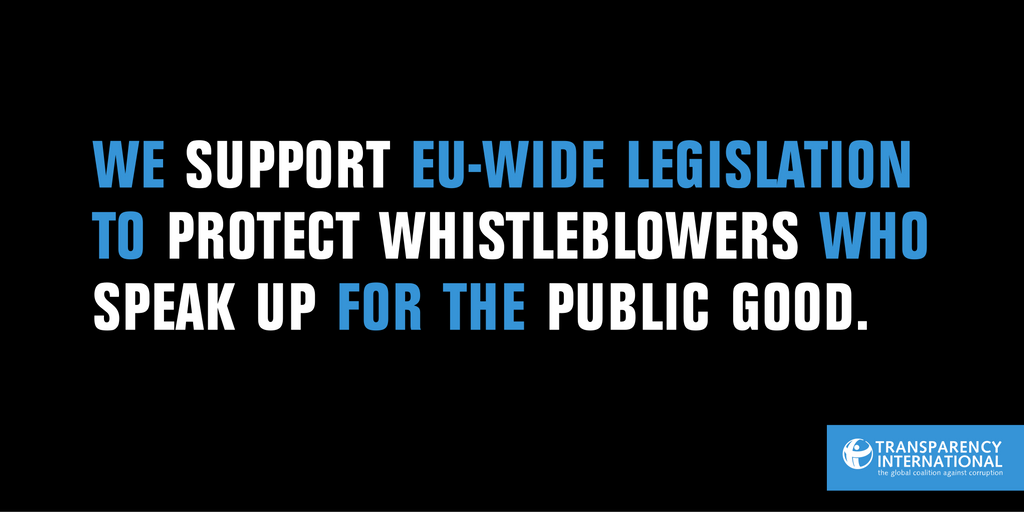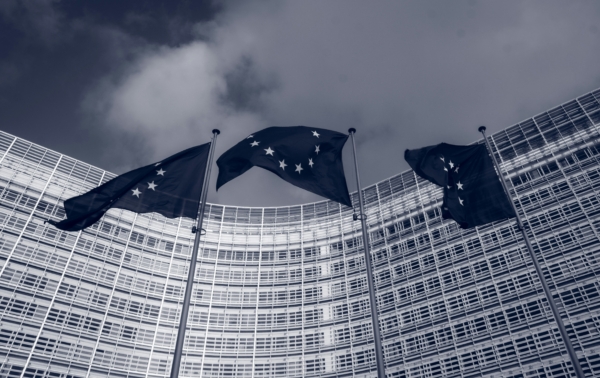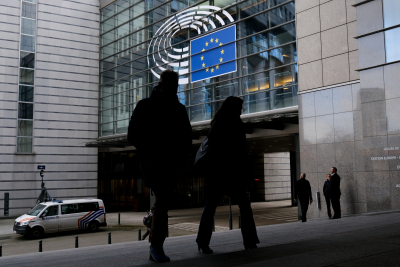Popular culture often idealises whistleblowers. They are portrayed as heroes fighting for truth, rights, even life, in battles reminiscent of David and Goliath. They are celebrated as defenders of humanity who should be protected and rewarded for their courage.
The reality of being a whistleblower is however very different. Far from being celebrated or rewarded they are persecuted and often prosecuted – and their lives are never the same again.
Two recent scandals that made headlines around the world (Luxembourg Leaks and Swiss Leaks) would never have come to light without whistleblowers.
The LuxLeaks scandal exposed how many multi-national companies in secret deals with the Luxembourg government were able to slash their global tax bills. The resulting furore highlighted just how little ordinary citizens knew about the tax deals between their governments and corporations (for this issue is not unique to Luxembourg) and led to calls for greater transparency of the system. If this were a movie the whistleblower would play the leading man and in typical Hollywood fashion would get the girl, the glory and possibly even the riches. Instead Luxembourg intends to prosecute the suspected whistleblower Antoine Deltour (a former PriceWaterHouse Coopers auditor) for theft and violating trade secrets. Deltour is only one of the alleged sources for Luxleaks but because he went public he now potentially faces years of court cases and prison. Even if he somehow manages to avoid this fate the prospects of him ever being employed as an auditor again are slim. His actions, which he did in the public interest, have changed his life forever.
The Swiss Leaks articles which hit the headlines just this weekend allege that HSBC, the UK’s biggest bank gave advice to on how to evade taxes to their high-net-worth customers. Not only that but it revealed that these high-net-worth customers included people connected to arms trafficking, blood diamonds and bribery. In December 2014 the Swiss attorney general charged Hervé Falciani the whistleblower in this case) with data theft as they believe his intent behind releasing the information was to “cash in”. In essence he has been a man on the run for the last 6 years while the arguments continue as to whether he is a hero or a thief. Whichever way you look at it –you can’t deny that releasing evidence that points to systematic tax avoidance and money-laundering are in the public interest.
Even at the EU level there is an absence of effective rules to protect whistleblowers. Transparency International highlighted in its EU Integrity System report published in April 2014 that only the European Commission has currently introduced appropriate internal whistleblowing rules (an obligation since January 2014). The European Ombudsman launched an inquiry last year the results of which should be available at the end of February 2015.
On International Anti-Corruption Day2014 (9 December), during a roundtable at the European Parliament (Blowing the Whistle on Corruption – a campaign for a European Directive in defense of Whistleblowers) Nicole Marie Meyer from TI France recounted her tale of being a whistleblower. While working for the French Civil Service Nicole Marie reported evidence of embezzlement and forgery and in return was demoted, harassed and eventually fired. At the time France had no laws to protect civil servants who disclose crimes and offences, Nicole Marie brought the first test-case to court and won. Since then Nicole Marie and TI France have campaigned tirelessly for legal whistleblower protection and last year France passed 3 laws with whistleblower provisions.
However as Nicole Marie states, although she may have won her case and achieved (along with TI) an intellectual and political victory , the repercussions of standing up for what is right are still affecting her today.
Read her full intervention here
Useful links:
- HSBC and Tax: when is the tipping point – TI-UK
- Secrecy Breeds Corruption – Transparency International
- ‘There were hundreds of us crying out for help’: the afterlife of the whistleblower – The Guardian
- Luxleaks tax source should not be charged – The Guardian








